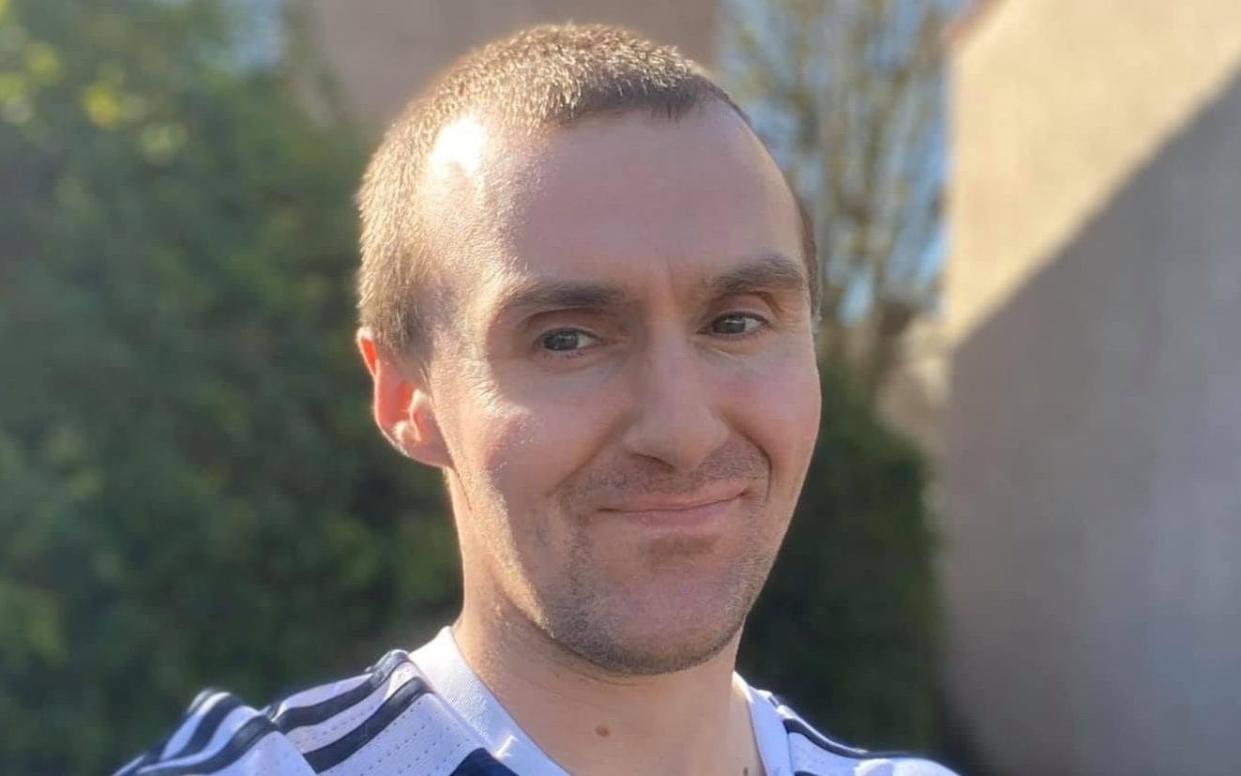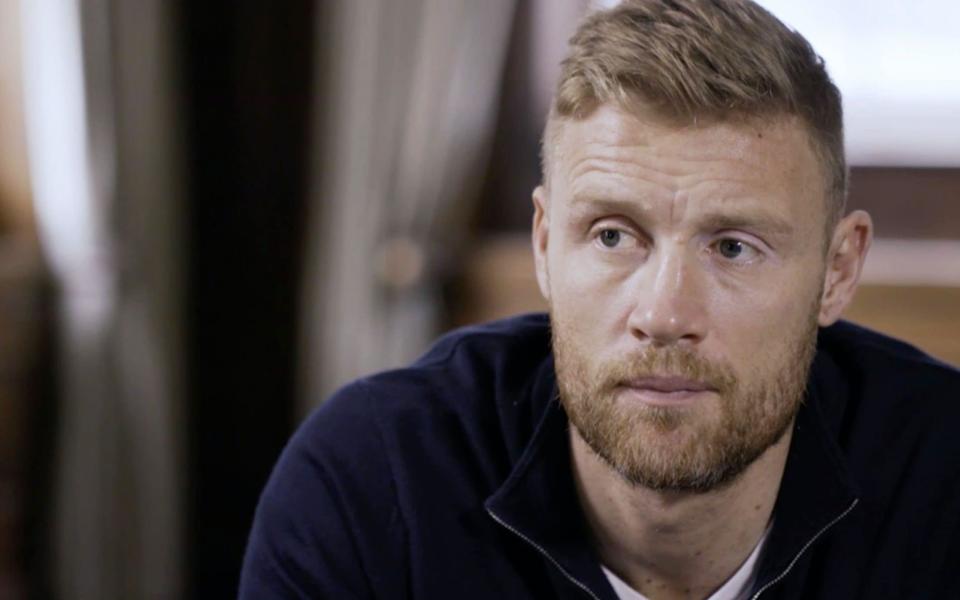'As a man with bulimia I know all about Freddie Flintoff's struggles'

It started when I was 17. My mother had been suffering from womb cancer since before I was born, an illness she could have treated by aborting her pregnancy. Instead, she chose to give birth to me. When she died, the feelings of guilt were immense.
I was a semi-professional footballer at the time, so the fact I was exercising for 15 hours each day and cutting down my food intake didn’t strike me as unhealthy. I just thought I was getting fitter. It was when I started taking laxatives too that I realised I had a problem and went to see a doctor about it.
He misdiagnosed my bulimia as grief, and prescribed me antidepressants. After this I spiralled much further downwards. I spent more and more time exercising, and began a pattern of bingeing and then making myself vomit.
Things came to a head during a visit to Australia to visit family – I became so ill I ended up on an intravenous drip in hospital. After returning home to Glasgow, I suffered a massive heart attack and, as a result, I was in a coma for three months. Needless to say, it was touch and go at that point. I was 20-years-old, and that was when my eating disorder was finally correctly diagnosed.
Watching Freddie Flintoff: Living With Bulimia on BBC One, I felt a pang of recognition. Everything I saw in the British cricketer, who bravely shared his own experience of the illness, was exactly who I used to be. Like him, I had been deeply insecure but put on a front when around other people. Like him, I was a sporty type who over-exercised because I thought I was fat. That he’s spoken out about his own bulimia will help so many others by diminishing the stigma and making it easier to seek help before it’s too late.

But a perception still exists that people like Flintoff don’t get eating disorders so there’s still a long way to go. Even doctors don’t always recognise what’s going on when you’re male and presenting with bulimia. At least not in my experience; male doctors in particular just didn’t seem to understand what my problem really was. Sadly, recovering from my heart attack didn’t put a full stop on my illness.
It did take a while to return though. In the intervening years, I met the woman who is now my wife and we got married. I’d had to give up my footballing career as my weight loss had led to sciatic nerve damage below my left knee, but I found work in a wine warehouse and felt I was on the right path.
But, in 2006, my wife suffered four miscarriages. The reason turned out to be ovarian cancer. It felt like history repeating itself and, at that point, I relapsed and suffered a second heart attack. It was my wife who found me after I’d fallen and hit my head on the bathroom sink. There followed another hospital stay of between five and six months, the first three or four weeks of which I was fighting for life in intensive care. I was still only in my mid-20s.
Again, I started to recover after being discharged but, in 2014, following the death of my father I relapsed again. That was the last time. Since then, I have got myself better. I’ve been helped by my excellent community eating disorder recovery team, though I’ve never had any proper therapy. Instead, I’ve developed my own coping techniques, which include keeping a journal and doing art to distract myself.
The greatest help of all has been speaking out. Not that it’s always gone smoothly. Some family members disowned me when I told them what I was going through. They thought I was merely attention-seeking, or else that I was secretly gay.
But I knew I had to carry on talking because so few other men were doing so. When my eating disorder had started, I didn’t even know what eating disorders were. Still today there are many who think they’re a female problem.
I spent many years hiding my illness from the world, too afraid of what the world would think. But admitting you’ve got a problem is crucial because only then can you ask for the help you need.
I’m happy to say I’ve been better for several years now and am putting my experience to good use by coaching others in eating disorder recovery. There’s a constant stream of men needing help for this kind of problem. During lockdown I saw that number grow even greater, with many saying they’d suffered from too much time on their hands and becoming stuck inside their own head.
There are plenty of other resources out there for those who need some support. But I hope that Flintoff’s decision to speak out will embolden others to seek it – and remind them they’re not on their own.
Visit www.beateatingdisorders.org.uk for more information and support
As told to Rosa Silverman


